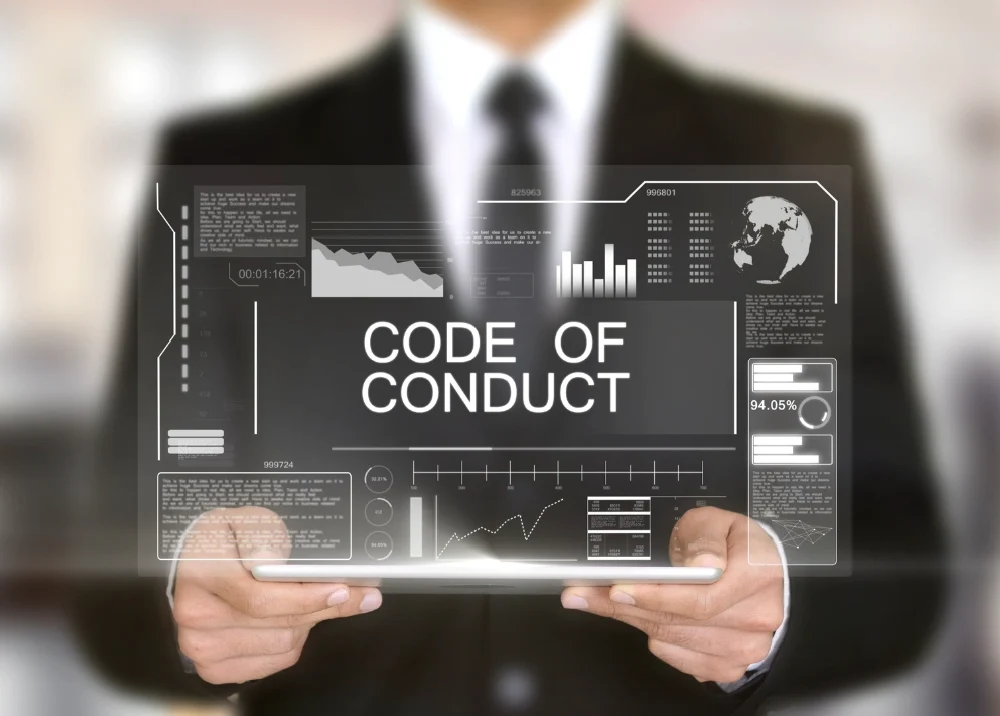The G7 leaders are taking a significant step towards ensuring that the powerful AI technology is harnessed for the benefit of humanity and not exploited for nefarious purposes. Recent reports indicate that G7 leaders are poised to endorse a voluntary AI code of conduct for companies, aimed at controlling the potential risks and misuse of AI technologies. While some may view this as just another bureaucratic endeavor, it is, in fact, a crucial and commendable initiative.
The code of conduct’s primary objective is to encourage companies to take appropriate measures to identify, evaluate, and mitigate risks across the entire AI lifecycle. This is a pivotal move in the right direction, as it emphasizes that responsibility for the ethical use of AI technologies doesn’t end with their development. It extends to their deployment, usage, and potential societal impact.
One of the most commendable aspects of the code of conduct is its unwavering commitment to tackling potential societal harm created by AI systems. We’ve seen numerous instances where AI technologies have inadvertently or intentionally caused harm, from biased algorithms perpetuating discrimination to deepfake technology being used to create false narratives. By pushing companies to acknowledge their role in preventing such harms, this code of conduct is poised to make a real difference in the way AI is developed and used.
The code comprises 11 points to foster safe, secure, and trustworthy AI globally. The key provisions of the code of conduct are as follows:
· Firms will proactively adopt measures to identify, assess, and mitigate risks across the entire AI lifecycle.
· Companies will confront and address potential societal harm stemming from the deployment of their AI systems.
· A strong emphasis will be placed on companies’ investments in robust cybersecurity controls throughout the AI development process.
· Organizations are mandated to establish risk management systems as a countermeasure against the potential misuse of AI technology.
· The code of conduct will encompass specific principles to govern advanced AI categories, including generative AI.
· Companies are obliged to make steadfast commitments to rectify any societal harm caused by their AI systems.
· Firms will be expected to take proactive measures to prevent any detrimental impacts on individuals and society.
· The code of conduct will lay significant stress on the enforcement of stringent cybersecurity controls to safeguard AI technology during its entire development and use.
· The code will also institute risk management systems to regulate technology and thwart any unethical or malicious practices.
· Importantly, the code of conduct maintains its voluntary and nonbinding nature, allowing organizations to voluntarily embrace responsible AI practices without being subjected to stringent legal regulations.
· This landmark code of conduct is expected to set a precedent for how major countries govern AI, particularly in the face of escalating concerns over privacy and security risks.
In a world filled with privacy concerns and security risks related to AI, the G7’s AI code of conduct is a commendable and significant step towards ensuring that AI development is responsible, ethical, and secure. It’s a landmark initiative that has the potential to set the stage for how major countries govern AI. It is not a panacea, but rather a critical piece of the puzzle in our quest for a future where AI benefits humanity rather than harms it.











